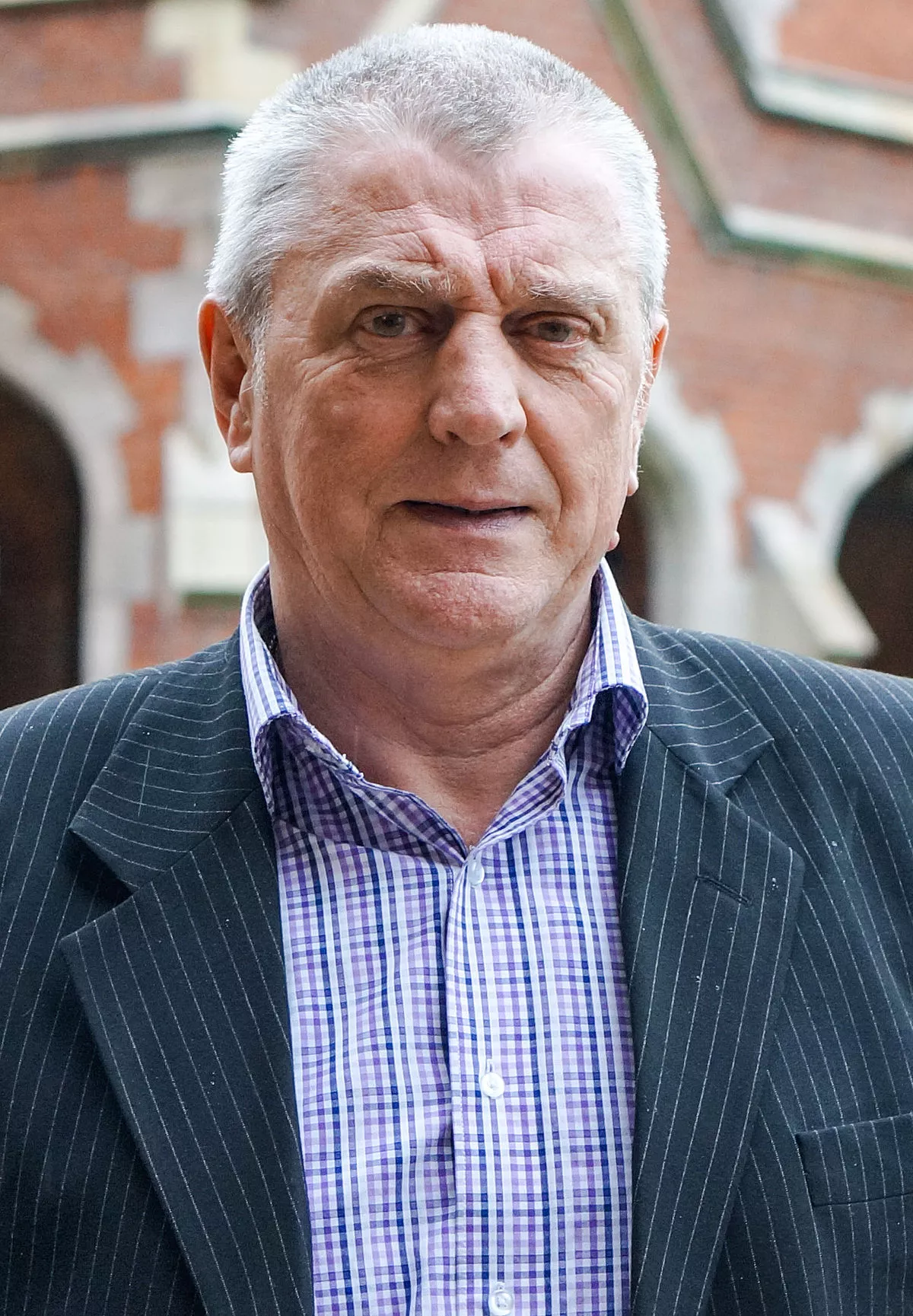 1.
1. John "Jackie" McDonald was born on 2 August 1947 and is a Northern Irish loyalist and the incumbent Ulster Defence Association brigadier for South Belfast, having been promoted to the rank by former UDA commander Andy Tyrie in 1988, following John McMichael's killing by the Provisional IRA in December 1987.